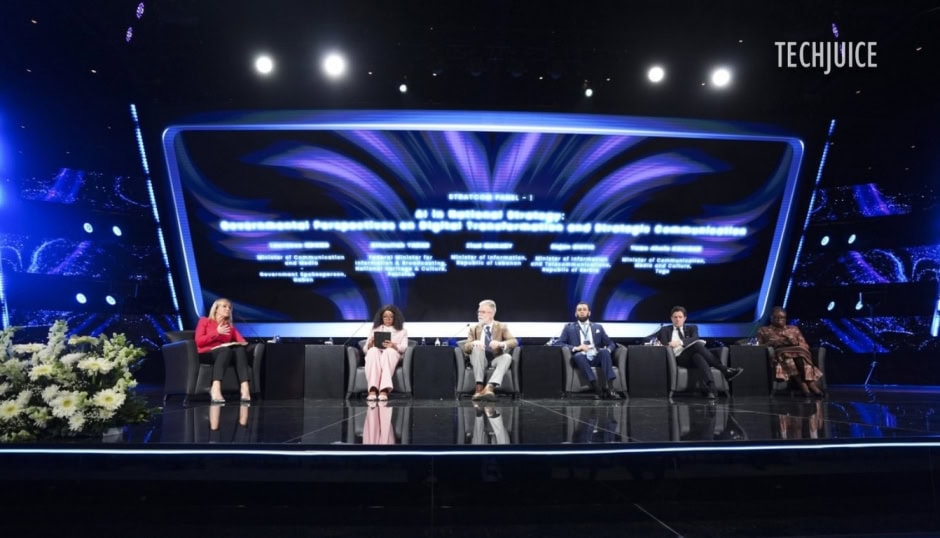The Federal Minister for Information, Attaullah Tarar, demonstrated the need to establish a global regulatory framework to guarantee the ethical and responsible application of Artificial Intelligence (AI).
During the Stratcom Summit 2024, the minister emphasized Pakistan’s dedication to executing its National AI Policy following international best practices and ethical guidelines.
Tarar emphasized that artificial intelligence brings significant prospects for socio-economic advancement, yet it also introduces hurdles like the spread of misinformation. “Pakistan is providing AI training modules for youth and aims to train one million young people in IT skills by next year,” he said. “We are progressing in AI applications across sectors such as Agri-Tech, Fin-Tech, Health-Tech, and beyond.”
The minister highlighted the significant demographic edge of Pakistan, where 68% of the population comprises youth, and emphasized the necessity of providing them with IT skills to enable their contributions on both local and global stages. In a detailed overview of Pakistan’s digital environment, he noted that the nation boasts 111 million internet users, 71 million social media users, and close to 188 million mobile phone users.
On combating misinformation, Tarar called for the development of large language models (LLMs) and Natural Language Processing (NLP) tools. He referenced the World Economic Forum’s report identifying misinformation as a significant global threat, stating, “To address this, we must adopt robust frameworks to counter the destabilizing effects of misinformation on society and security.”
The minister addressed the use of artificial intelligence in Pakistan to counteract the effects of climate change, such as the severe floods of 2022, as well as to improve catastrophe resilience in high-risk areas. He discussed the government’s activities related to the National Fiberization Policy, which aims to improve internet access, as well as the upcoming adoption of 5G technology.
Tarar underlined the strategic application of artificial intelligence in Pakistan during a debate on its role in increasing agricultural output, allowing remote education for disadvantaged children, and improving healthcare measures targeted at combating diseases such as polio and hepatitis. He emphasized the urgent need for a global agreement on the ethical use of artificial intelligence to ensure transparency and stability.
Tarar emphasized the nation’s dedication to harnessing AI for both economic and social advancement, all while ensuring the maintenance of ethical standards. “Through the positive use of AI in Agri-Tech, EduTech, Health-Tech, and Fin-Tech, we aim to address challenges, maximize benefits, and ensure a sustainable future for all.”












